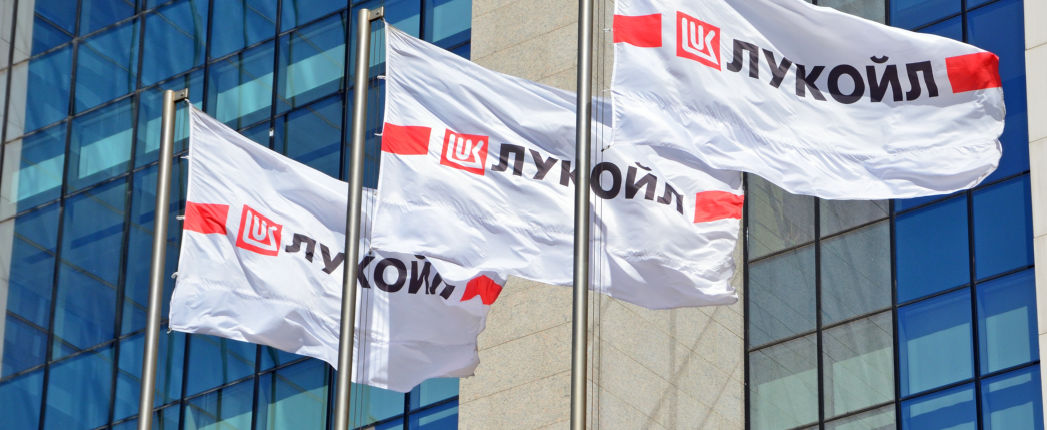
After it sold a refinery in Italy, a Romanian official speculated recently that Russian oil major Lukoil could sell its assets in Romania, too, due to pressure created by sanctions over the war in Ukraine.
Those assets include a lubricant factory in Ploiesti with production capacity of 40,000 metric tons per year and a business that is a significant player in Romania’s lube market.
“About their [Lukoil’s] decision to leave Romania … let’s see what decision and what strategy they will make in the coming months,” Romanian Energy Minister George Nicolescu said at a recent industry event, news outlet Cotidianul reported.
“It is interesting to see what are Lukoil’s plans for other markets,” in the European Union, such as the Netherlands, Austria and Finland, he added. Lukoil recently sold a refinery in Sicily, Italy.
Russian energy companies have been hurt by Western sanctions over the country’s invasion of Ukraine. The European Union and allied countries banned imports of oil products and imposed price caps on sales to other nations. State-owned oil companies such as Rosneft and Gazprom have been stung by additional penalties against arms of the government, but Lukoil is privately owned and has not been exposed to those.
Moscow-based Lukoil did not respond by deadline to questions about its plans in Romania or other EU countries where it operates.
Lubricant market sources have speculated that Lukoil will divest production assets in Europe because they are affected by the EU import ban, which has banks reluctant to finance procurement for any Russia-related company.
Besides the Ploiesti blending plant, Lukoil’s assets in Romania include gas station chains, a wind farm and oil depots, according to Mold Street news outlet. The company is the third-largest fuels retailer in the country and a significant player in lubes. In neighboring Moldova the company holds about 20% of both the fuels and lubricants markets.
Elsewhere in the EU the company operates blending plants in Hamina, Finland with capacity of 32,000 t/y, and in Vienna with capable of 80,000 t/y. It also has a 21,000 t/y blending plant in Izmir, Turkey.
In Europe, Lukoil projects an image of a company that opposes the war but still nurtures some relations with the Kremlin. In a March press release Lukoil’s board of directors expressed their “deepest concerns about the tragic events in Ukraine” and called for “soonest termination of the armed conflict.”
For now, Lukoil is still doing business in Europe, with profitable operations in countries such as Bulgaria or Hungary. The company said in May that its first quarter net profit declined 22% to $1.3 billion.
Lukoil also owns 45% of a Netherlands refinery and operates hundreds of gas stations in Belgium and Bulgaria, with a large lubricant market footprint in the Balkan country.
Litasco is a profitable Geneva-based trading arm of Lukoil that, among other products, was supplying the European market with base oils.